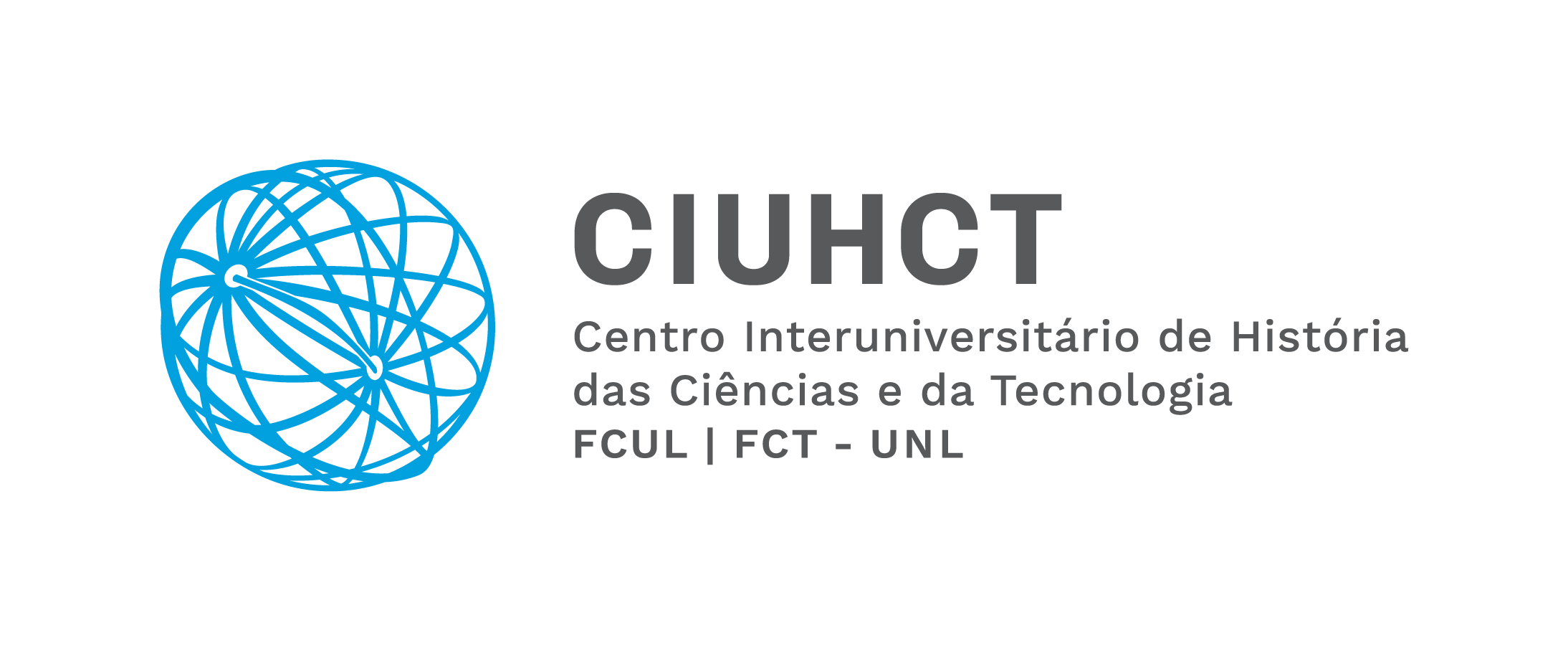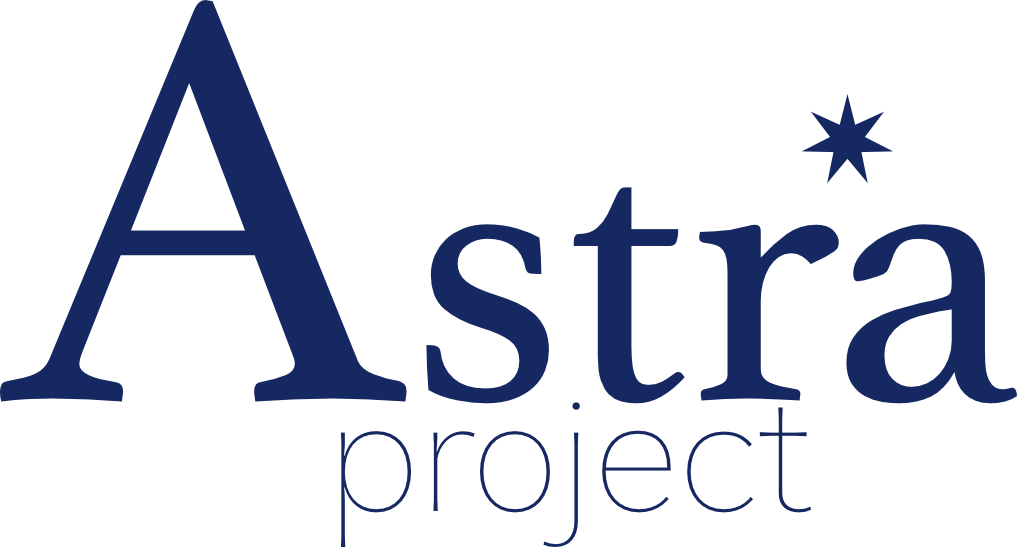Astra is an international, multidisciplinary project for the study of the history of western astrological doctrines, techniques, and practices from antiquity to the early modern period. The project is housed in CIUHCT (Interuniversitary Centre for the History of Science and Technology), University of Lisbon, and its developed in partnership with The Warburg Institute, University of London and the IKGF – The International Consortium for Research in the Humanities, University Erlangen- Nuremberg.
The main focus is on the History of Astrology, specifically astrological techniques, and it is open to collaboration with related areas, such as the history of astronomy, medicine, magic, geography, and philosophy. The goal is the study of the history of astrological practices in western culture, by a comprehensive and systematic analysis of the main texts and textual traditions. This entails the study of traditions, concepts, techniques and practices from many perspectives such as historical, mathematical and linguistic.
This project comes forth at a time when a strong corpus of historical studies on astronomical mathematics is already available, many astrological sources have been critically edited, and new perspectives on the historical role of astrology in science and culture has been established. The moment has come to study the inner structure of astrology, thus complementing the aforementioned studies and advancing the understanding of the historical, cultural and scientific role of astrology in the pre-modern world.

The Centro Interuniversitário de História das Ciências e da Tecnologia (CIUHCT) is the result of the merging of two previous units in the area of History of Science and Technology: Centro de História e FilosoCa da Ciência e da Tecnologia (CHFCT) and Centro de História das Ciências da Universidade de Lisboa (CHCUL).
CIUHCT aims at asserting the relevance of History of STM in building citizenship and European identity, focusing speciCcally, but not exclusively, in STM historical case studies on Portugal in an international perspective.
The goal of Astra is an in-depth study of the history of astrological doctrines and practices. In particular, it will investigate the creation, application, and development of astrological techniques: the principles and concepts that form the core of the astrological interpretation. Despite astrology’s importance in western pre-modern culture, the academic study of its very functioning has so far been scarce. Understanding astrology’s inner workings becomes essential to understand astrology itself. The project assembles and compiles the research already produced to create a ground base from which to develop further research. Its goal is to achieve a comprehensive view of the history of astrological practices. The project researches the history of the principles behind the astrological judgment of celestial configurations, investigating how these rules of interpretation were shaped, their rationale, their application, and, most importantly, their role in the pre- modern world. It assesses the influence of the methods of astrological judgment on the development of other sciences and arts. Together with the technical and scientific aspects, it also explores the cultural implications of their use: how they derive from natural knowledge and what is the impact of their use in culture itself? The overall goal is to achieve a better understanding of astrology’s place within the history of science and the history of ideas
The project develops three lines of research:
The astrological corpus: history, concepts and techniques.
The core research line – the in-depth understanding of the mechanisms of astrological interpretation and its history. It focuses on the historical development of the techniques for astrological judgement, their rationale, their method, and the instruments and tables used. A crucial facet of this research is the understanding of the differences between astrological theory and astrological practice.
Circulation of knowledge: teachers, students and readership
The transmission of the astrological corpus through manuscripts and books. It studies its development, the changes it underwent throughout time, and its interactions with other fields of knowledge. It also studies its teachers, its students, its circulation and reception in several periods and cultures.
The context and the practitioners: social, political and religious factors
An exploration of the astrological techniques through their practitioners: who they are, what education they have, the books they use, the practices they apply, their clients and the services they require. A study of how external factors impacted on the astrological corpus, examining how factors such as belief, demand, or patronage shaped ideas and practices.

Founded by Aby Warburg in Hamburg, the Warburg Institute is one of the leading centres for the understanding of the interactions between images and society across time and space. It transformed the histories of art, literature, and music, and in emphasizing Celds such as astrology and magic, anticipated many of the developments in the modern understanding of the history of science.
One of the Warburg’s distinctive features has always been its engagement with what are often considered the superstitious, irrational and emotional elements of cultural phenomena. This has enabled some of its most signiCcant contributions to the understanding of both the dynamics and forms of cultural transmission.

The International Consortium for Research in the Humanities “Fate, Freedom and Prognostication” at the University Erlangen-Nuremberg is one of ten Käte Hamburger Kollegs in Germany only that foster pioneering research in the Humanities and win their special dynamic through the continuous presence of high ranking international scholars.
Prognostication and prediction are pervasive anthropological phenomena found in all cultures. The International Research Consortium aims to uncover the historical foundations of prognostication with their impact on our immediate present and our way of coping with the future. This approach will enable us to Cnd new answers to the question of whether different views on fate and strategies of coping with destiny in Chinese modernity or the medieval European past constitute a characteristic difference from Western modernity.
This project aims to provide a unique set of tools indispensable to historians in general.
1. A comprehensible searchable database including:
- A compendium of astrological techniques, with information regarding their application and development
- References to the sources and to the academic studies that mention them
2. Instrumenta:
- Bibliography of academic publications on the history of astrology
- Glossary of astrological terms, their usage and development



